Is There A Connection Between Hurricanes And Volcanoes?
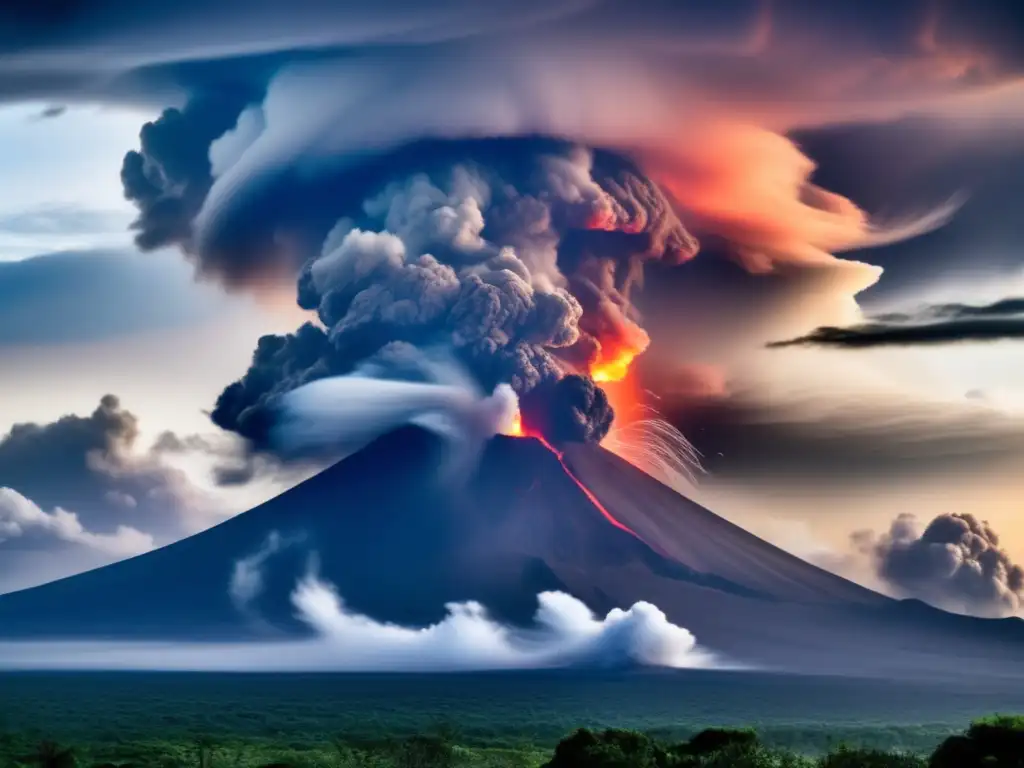
Is There a Connection Between Hurricanes and Volcanoes?
Introduction
The world is full of natural phenomena that can be both awe-inspiring and potentially destructive. One such example is the hurricane, a powerful storm that can cause devastation to coastal communities. Another type of natural phenomenon that has the potential to cause destruction is volcanic eruptions. But is there a connection between these two forces of nature? This article will explore whether there is a link between hurricanes and volcanoes.
Volcanic Eruptions and Hurricanes: The Basics
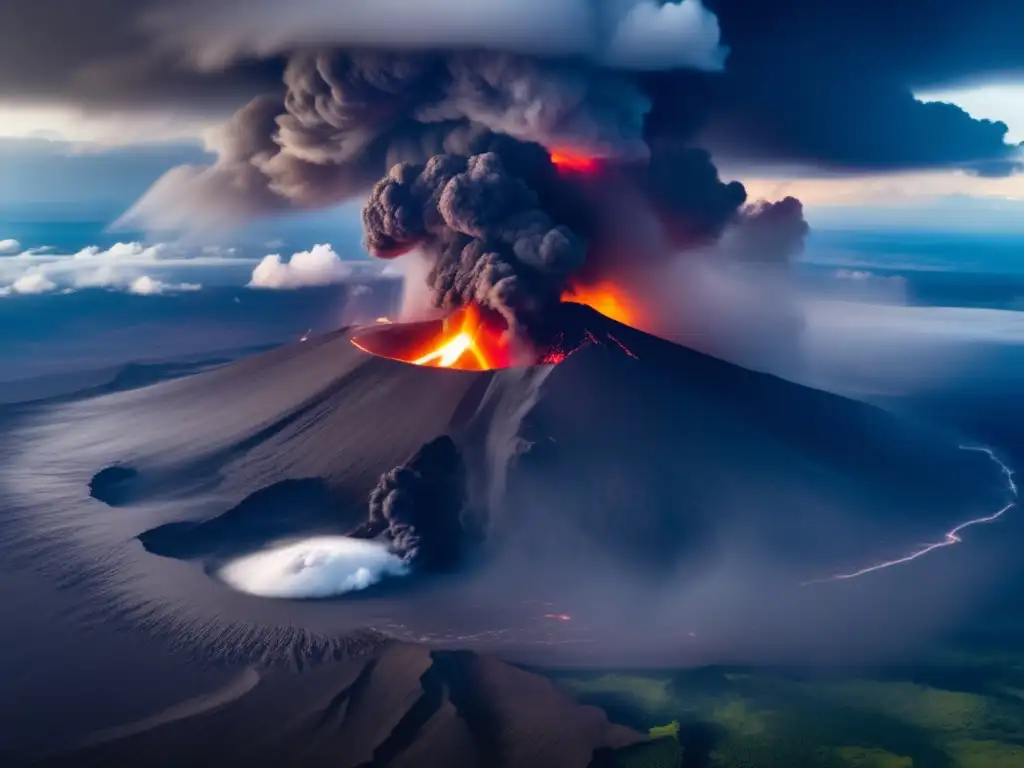
Can Volcanic Eruptions Cause Hurricanes?
While volcanic eruptions and hurricanes are both natural disasters that can cause destruction, they are not directly related to each other. Volcanic eruptions occur when molten rock, ash, and gas escape from below the earth's surface. Hurricanes are large, swirling storms that form over warm ocean waters.
However, some researchers have hypothesized that volcanic eruptions could indirectly affect the formation of hurricanes. When a large volcanic eruption occurs, it can release massive amounts of dust and ash into the atmosphere. This can reduce the amount of sunlight that reaches the earth's surface, leading to cooler ocean temperatures. Cooler ocean temperatures can make it more difficult for hurricanes to form and strengthen.
Can Hurricanes Trigger Volcanic Eruptions?
There is no evidence to suggest that hurricanes can trigger volcanic eruptions. Volcanic eruptions occur as a result of pressure within the earth's crust, not as a result of weather patterns or storms.
The Effects of Volcanoes on Hurricanes
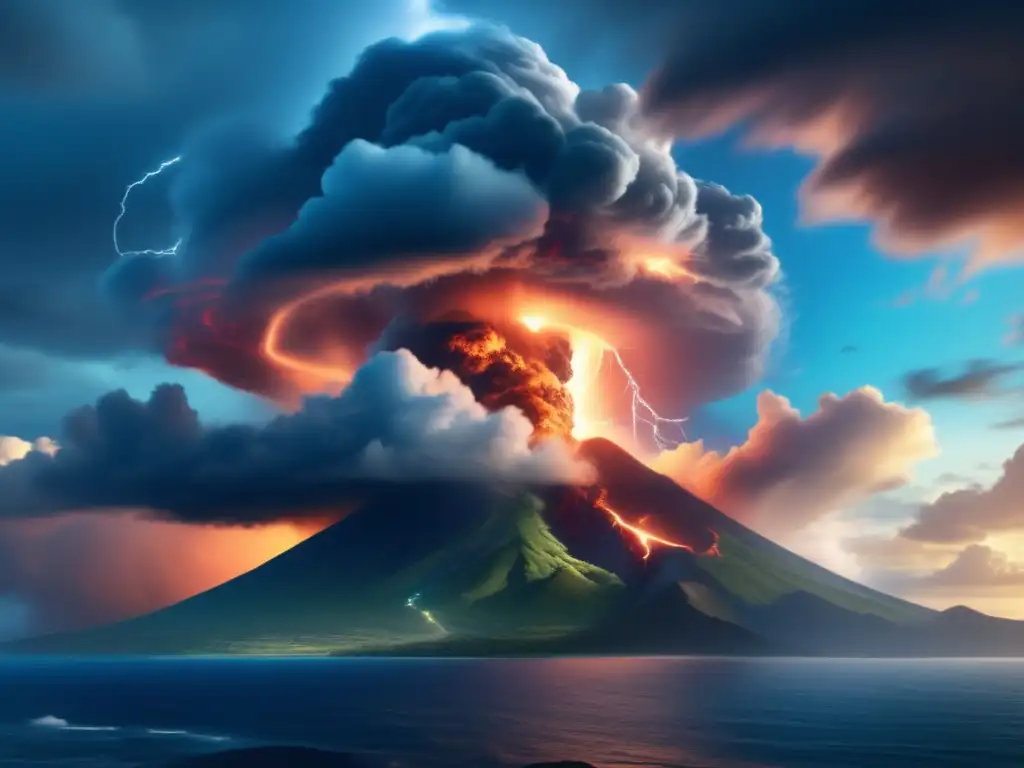
How Do Volcanic Eruptions Affect Hurricanes?
While volcanic eruptions might not directly cause hurricanes, they can indirectly affect them. As previously mentioned, volcanic eruptions can release large amounts of dust and ash into the atmosphere. This can scatter incoming sunlight and make the atmosphere cooler. Cooler temperatures can make it more difficult for hurricanes to form and strengthen.
In addition to this, volcanic ash can also affect the composition of clouds. This can alter the amount of rainfall that a hurricane produces. If a hurricane passes over an area that has been affected by a recent volcanic eruption, it may produce less rainfall than it would otherwise.
Are Hurricanes Affected by Volcanic Gases?
Volcanic gases, such as sulfur dioxide, can have a cooling effect on the atmosphere. This is because these gases can form tiny particles in the atmosphere that reflect incoming sunlight. As a result, hurricanes that pass over areas with high concentrations of volcanic gas may experience cooler temperatures and weaker winds.
However, it's important to note that this cooling effect is temporary. Once the volcanic gases dissipate, the atmosphere will return to its normal state. Therefore, while volcanic gases can affect hurricanes in the short term, they are unlikely to have a significant long-term impact on hurricane activity.
The Impact of Hurricanes on Volcanic Eruptions
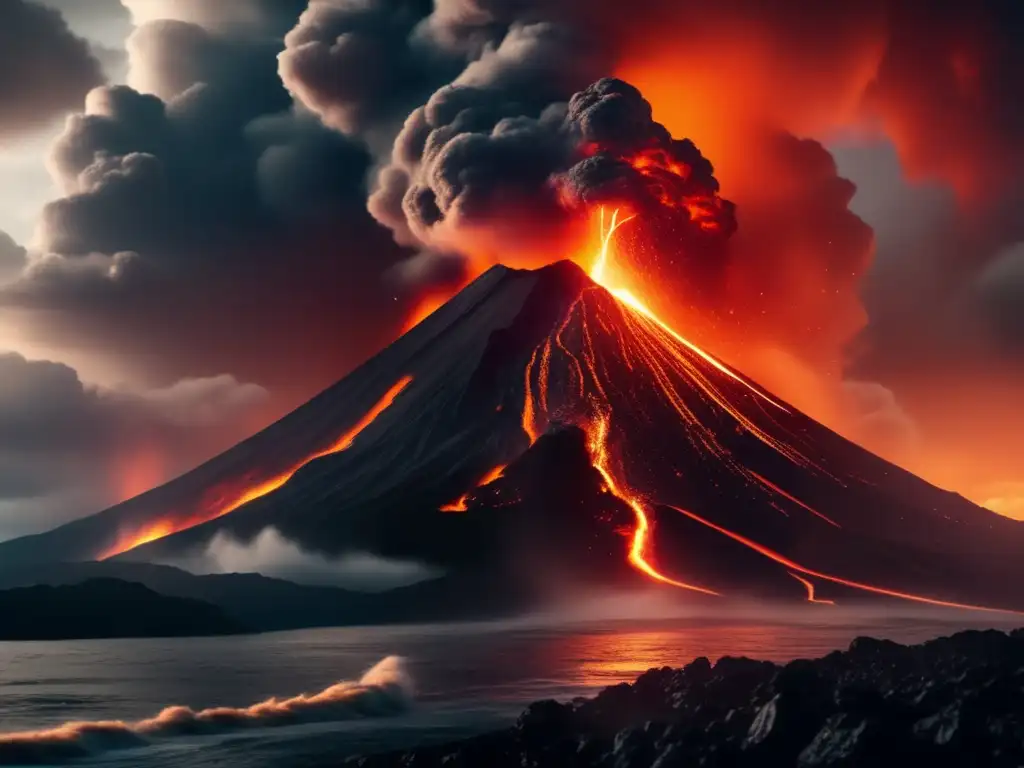
Can Hurricanes Trigger Volcanic Eruptions?
As previously mentioned, there is no evidence to suggest that hurricanes can trigger volcanic eruptions. While hurricanes can cause significant changes to the environment, they are not powerful enough to affect the pressure within the earth's crust. Therefore, it is unlikely that a hurricane could trigger a volcanic eruption.
Do Hurricanes Affect Volcanic Eruptions?
While hurricanes might not trigger volcanic eruptions, they can still have an impact on them. For example, heavy rainfall from a hurricane can trigger landslides and mudflows near a volcano. This can cause debris to enter the volcano's vent, leading to an increase in volcanic activity.
In addition to this, hurricane winds can also carry volcanic ash across large distances. This can affect air travel and cause respiratory problems for people in affected areas.
Conclusion
In conclusion, while there is no direct connection between hurricanes and volcanoes, they can still indirectly affect each other. Volcanic eruptions can release dust and ash into the atmosphere, which can make it more difficult for hurricanes to form and strengthen. Hurricanes, in turn, can affect volcanic activity by triggering landslides and carrying volcanic ash across large distances.
While the impact of volcanoes and hurricanes on each other might seem minor compared to their individual destructive capabilities, it's important to understand how these natural phenomena interact with each other. By doing so, we can better prepare for and mitigate the damage caused by these events.
Frequently Asked Questions
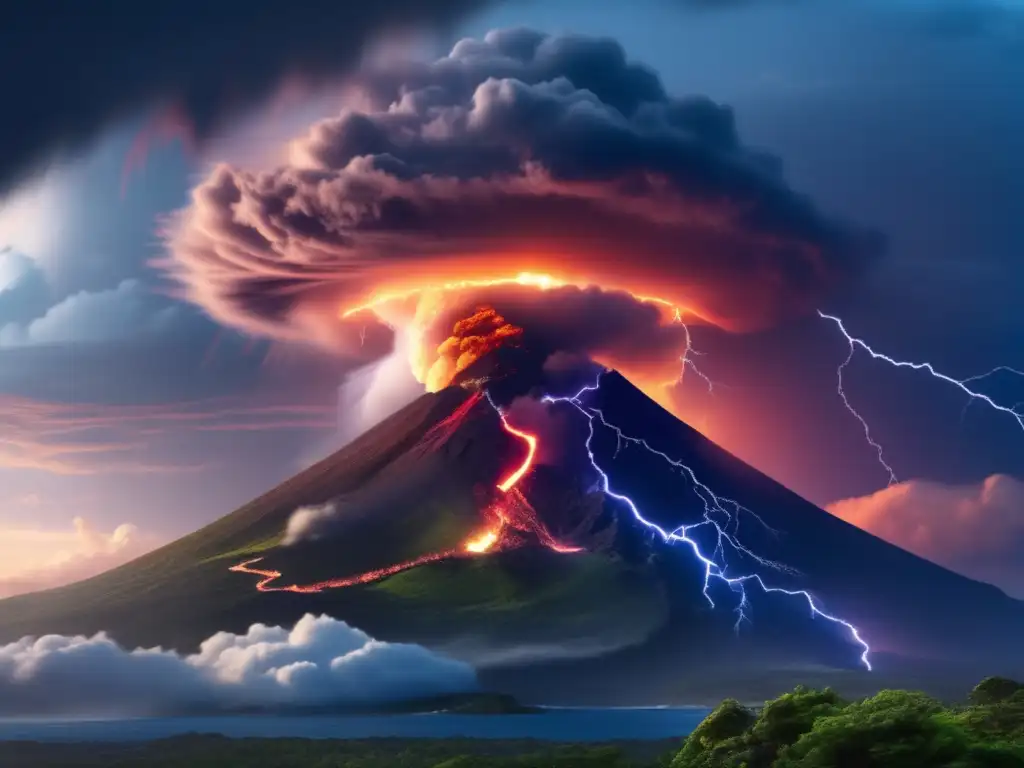
-
Can Volcanic Eruptions Cause Hurricanes?
No, volcanic eruptions and hurricanes are not directly related to each other.
-
Can Hurricanes Trigger Volcanic Eruptions?
No, hurricanes cannot trigger volcanic eruptions.
-
How Do Volcanic Eruptions Affect Hurricanes?
Volcanic eruptions can release dust and ash into the atmosphere, which can scatter incoming sunlight and make the atmosphere cooler. Cooler temperatures can make it more difficult for hurricanes to form and strengthen.
-
Are Hurricanes Affected by Volcanic Gases?
Volcanic gases can have a cooling effect on the atmosphere, which can make hurricanes experience cooler temperatures and weaker winds if they pass over affected areas. However, this effect is temporary.
-
Do Hurricanes Affect Volcanic Eruptions?
Hurricanes can affect volcanoes by triggering landslides and carrying volcanic ash across large distances.
Additional Resources
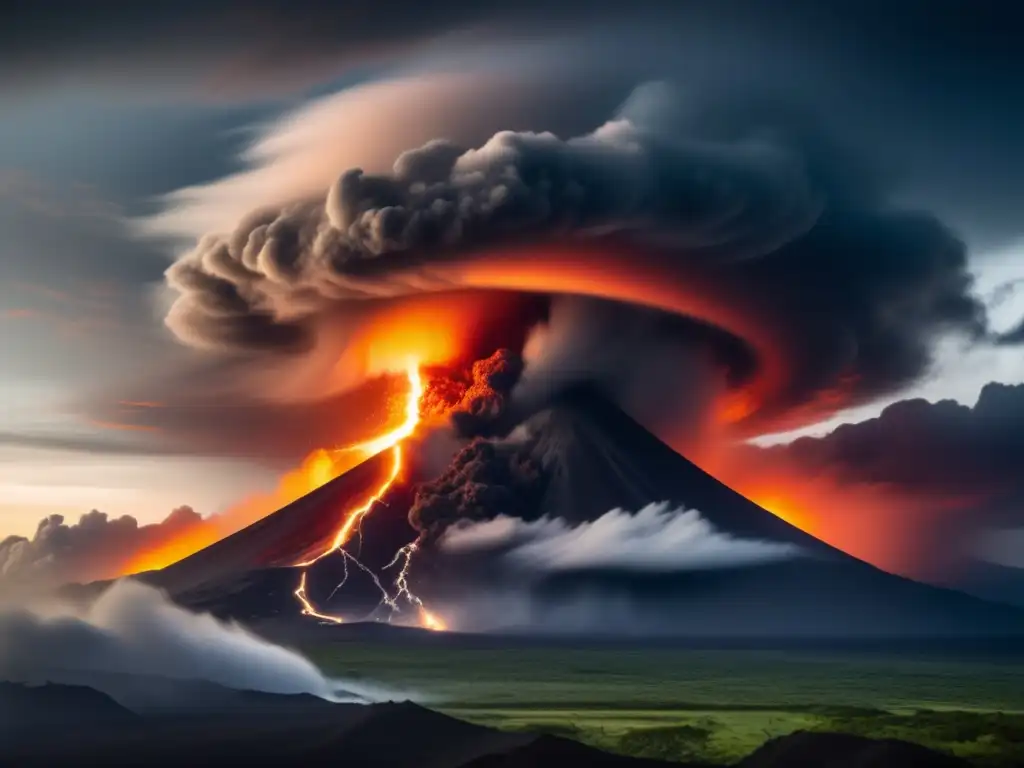
For more information on hurricanes and natural disasters, check out the following resources:
- National Hurricane Center
- Ready.gov - Hurricanes
- Federal Emergency Management Agency (FEMA) - Natural Disasters
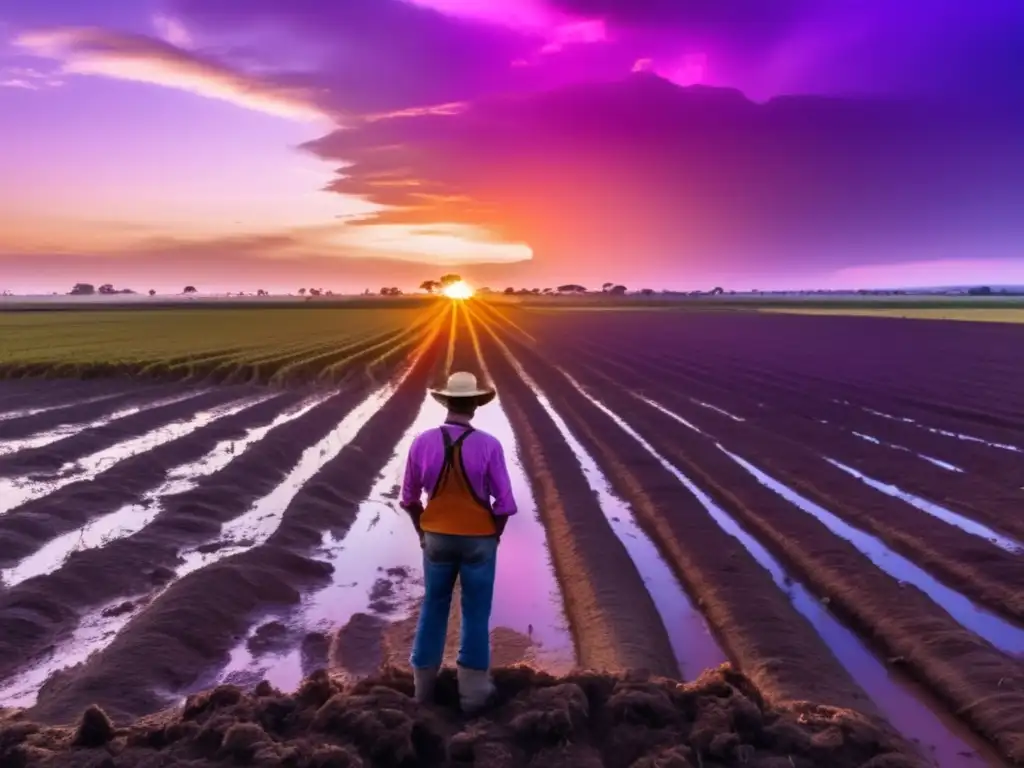 Hurricanes And Agriculture: A Tale Of Destruction And Rebirth
Hurricanes And Agriculture: A Tale Of Destruction And Rebirth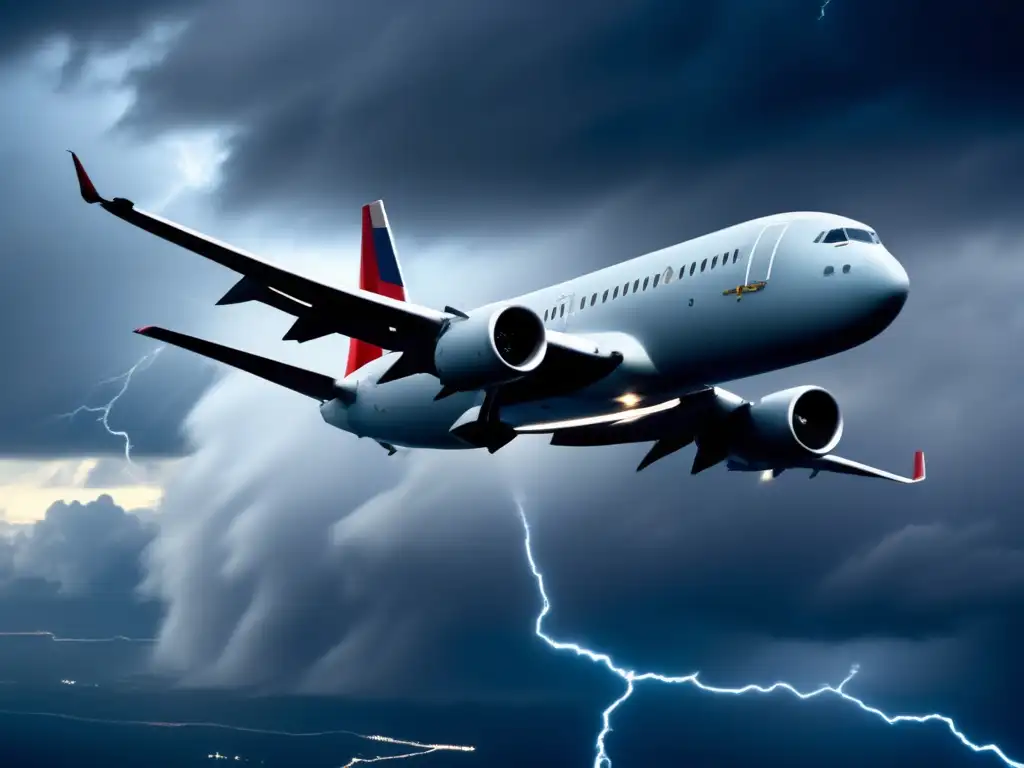 Aircraft Reconnaissance: Flying Into The Eye Of The Storm
Aircraft Reconnaissance: Flying Into The Eye Of The Storm Retired Hurricane Names: Why And Which Ones
Retired Hurricane Names: Why And Which OnesIf you want to discover more articles similar to Is There A Connection Between Hurricanes And Volcanoes?, you can visit the Basic knowledge about hurricanes: category.
Leave a Reply

Articulos relacionados: